The best sustainable beauty brands — as chosen by a super-facialist
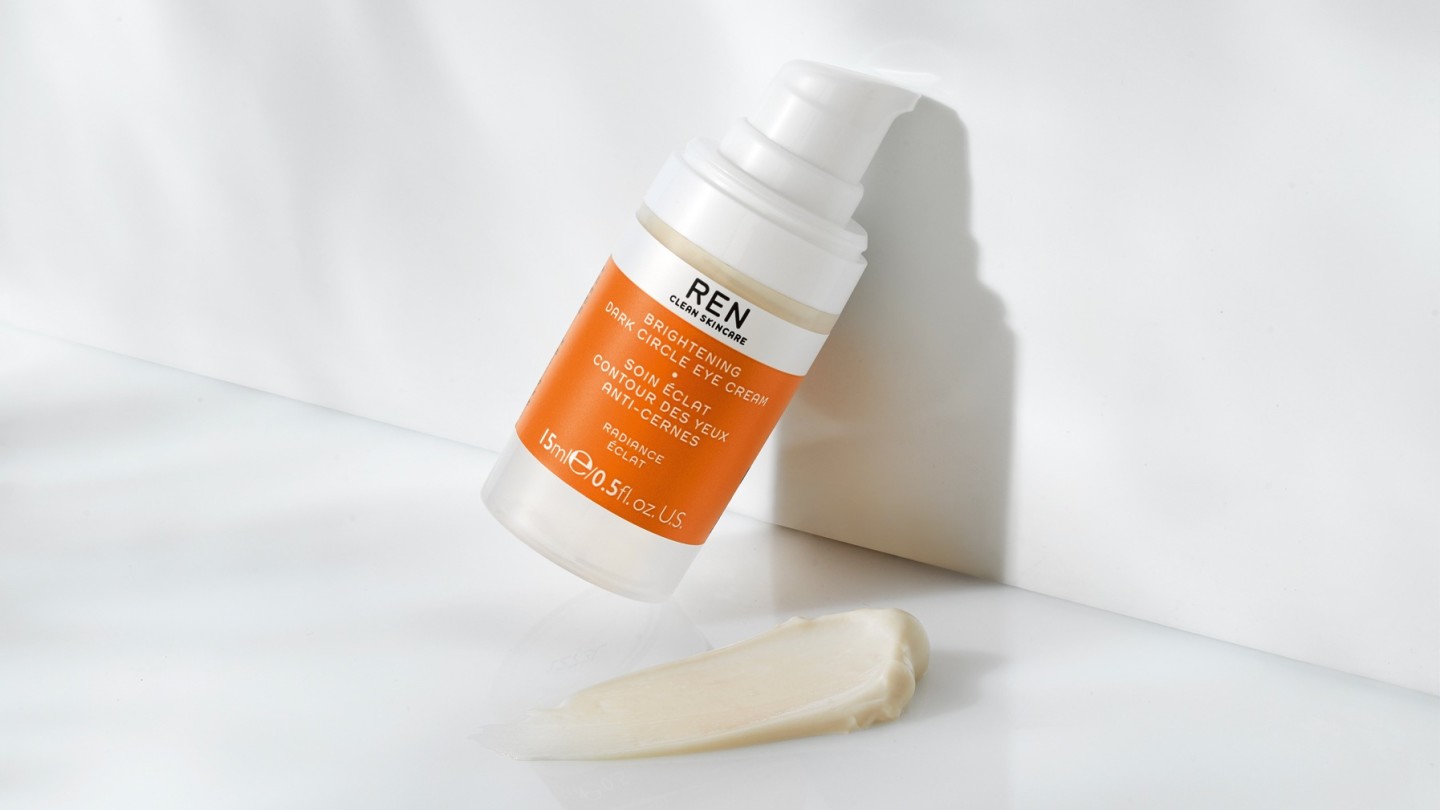
Roula Khalaf, Editor of the FT, selects her favourite stories in this weekly newsletter.
As more of us question how our beauty products are made and prioritise circularity, cosmetics companies are creating products with a lower environmental impact. Mainly, this centres around packaging. According to the British Beauty Council, only 14 per cent of packaging makes it to a recycling plant, with many unrecyclable plastic elements (nozzles, pumps etc) sent to landfill. The beauty industry is also one of the leading contributors of ocean plastic pollution. As a result, the UK Plastics Pact has set a goal of packaging being 100 per cent recyclable by 2025.
There are many different approaches to tackling this and other environmental challenges in the beauty industry, but here are the brands I believe are doing it best.
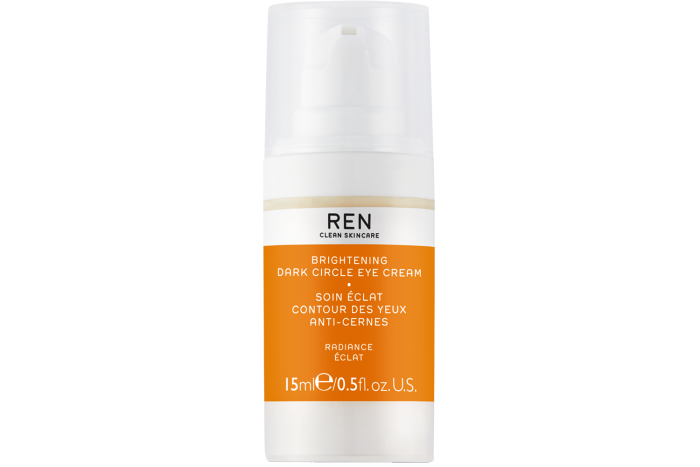
Ren Brightening Dark Circle Eye Cream, £49 for 15ml
REN Clean Skincare
REN, which uses sustainably sourced bioactive ingredients in its products, is at the forefront of the path to change. In 2018, it pledged to remove all single-use packaging from its collection; in 2022 it met its zero-waste goal and repurposed 45 tonnes of plastic earmarked for landfill. It has also pioneered the use of “infinity recycling”: its Evercalm Global Protection Day Cream uses packaging that regenerates plastic containers previously considered unrecyclable.
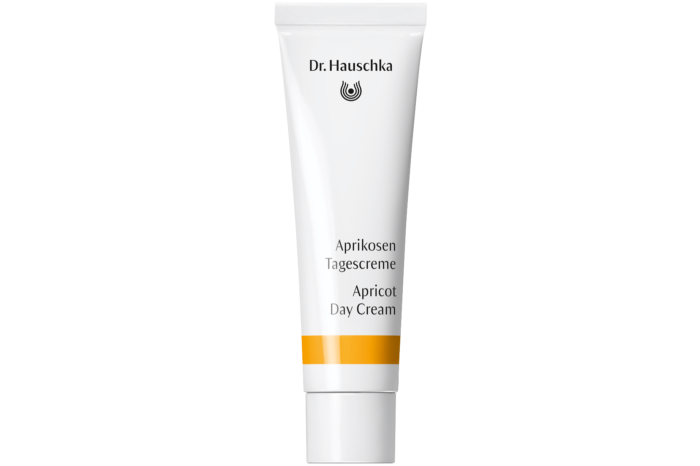
Dr Hauschka Apricot Day Cream, £30 for 30ml
Dr Hauschka
Aluminium tubes have been the packaging of choice for German household brand Dr Hauschka for decades, with their inner protective coating preventing any direct contaminating contact with the product. Aluminium requires low energy to transport and recycle — and is infinitely recyclable; more and more brands are following Dr Hauschka’s lead.
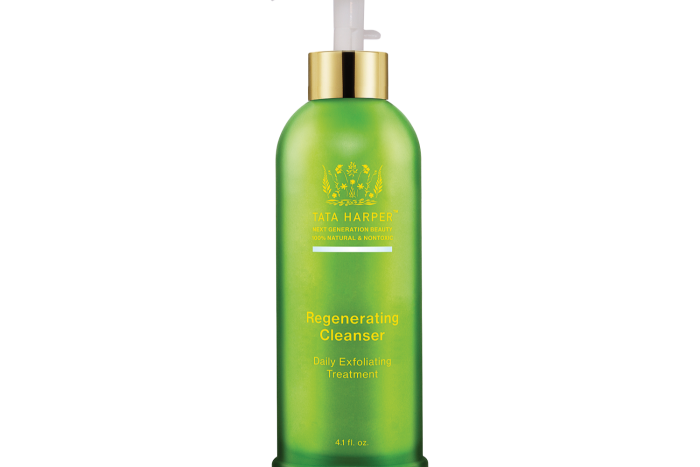
Tata Harper Regenerating Cleanser, £79 for 125ml
Tata Harper
Glass can also be recycled indefinitely, and for Tata Harper it’s always the first option. But whenever a formula can’t go in glass, it uses bio-plastic tubes made from corn and sugarcane or FSC-certified paper cartons from responsible forests. All products are also formulated, manufactured and packaged by hand on the company’s farm in Vermont, thus reducing its carbon footprint.
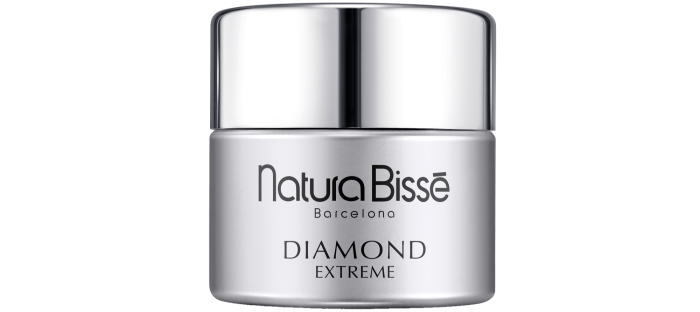
Natura Bissé Diamond Extreme Cream, £335 for 50ml
Natura Bissé
Likewise Spanish brand Natura Bissé, whose HQ is a pearl-white, avant-garde 15,000 sq m complex situated in the Barcelona hills. Here, Casa-Fábrica, as it is called, houses factory production, an R&D lab, bottling and packaging facilities, as well as a Matrix-like automated warehouse and distribution hub. Added to its vastly reduced carbon footprint, photovoltaic roof panels make the most of the 300 days of sunshine Cataluña enjoys every year, reducing primary energy consumption and CO₂ emissions by more than 35 per cent. Having been an industry leader in its use of recyclable textured paper stickers to replace plastic seals, Natura Bissé now has plans in motion for all packaging to be fully recyclable by the end of 2030.
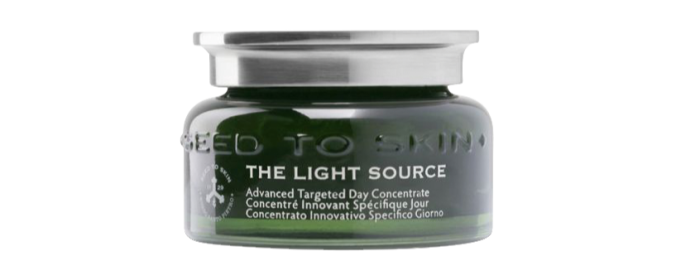
Seed to Skin The Light Source, €279 for 50ml
Seed to Skin
Just as the beauty industry relies on nature, it also exploits it — chiefly through overcropping, which depletes soil quality. Switching to slow-beauty brands such as Seed to Skin, which prioritise regenerative farming and self-sufficiency, is a brilliant way forward in my view. This brand’s farm-to-skin approach is nurtured at its 350-acre farm in Borgo Santo Pietro, Tuscany. Here, herbs, dairy products, honey and vegetables used in the collections are grown and produced on-site. The process for every ingredient is refreshingly bespoke; take the herbs, which are grown in the experimental garden, processed in the herb house, and typically tested for two to three years to determine if they will work well in a formulation.
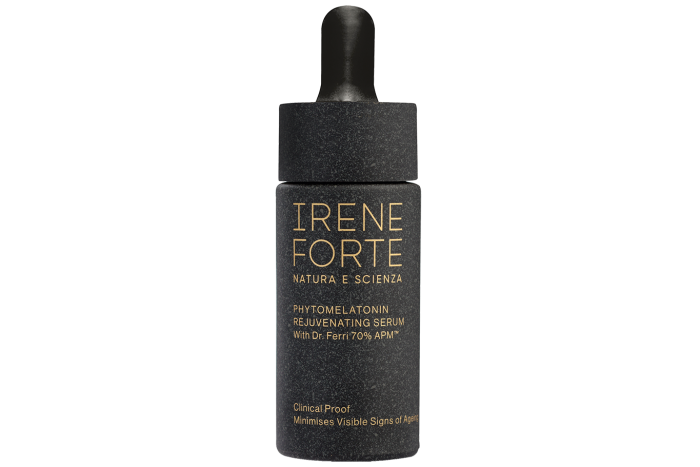
Irene Forte Phytomelatonin Rejuvenating Serum, £225 for 15ml
Irene Forte
Several certifications and initiatives are emerging in an effort to build sustainability frameworks. I really rate B-Corp certification, which verifies the brands that meet the highest standards of top-to-toe social and environmental performance, public transparency and legal accountability — in other words the sustainable practices stretch across not just products and production lines, but also company policies and practices. Eponymous Italian skincare brand Irene Forte is one such company — organic produce is matched by refillable bottles, recyclable jars (made from 31 per cent post-industrial recyclable material), and 100 per cent recycled fibre boxes. “We built sustainability into the company’s DNA from its inception; it wasn’t simply an afterthought,” says Forte. “Where ingredients cannot come from our organic farm at Verdura Resort, they come from local farmers in neighbouring areas of Sicily or from reputable farmers in the Trentino where our lab is based.”

Comments